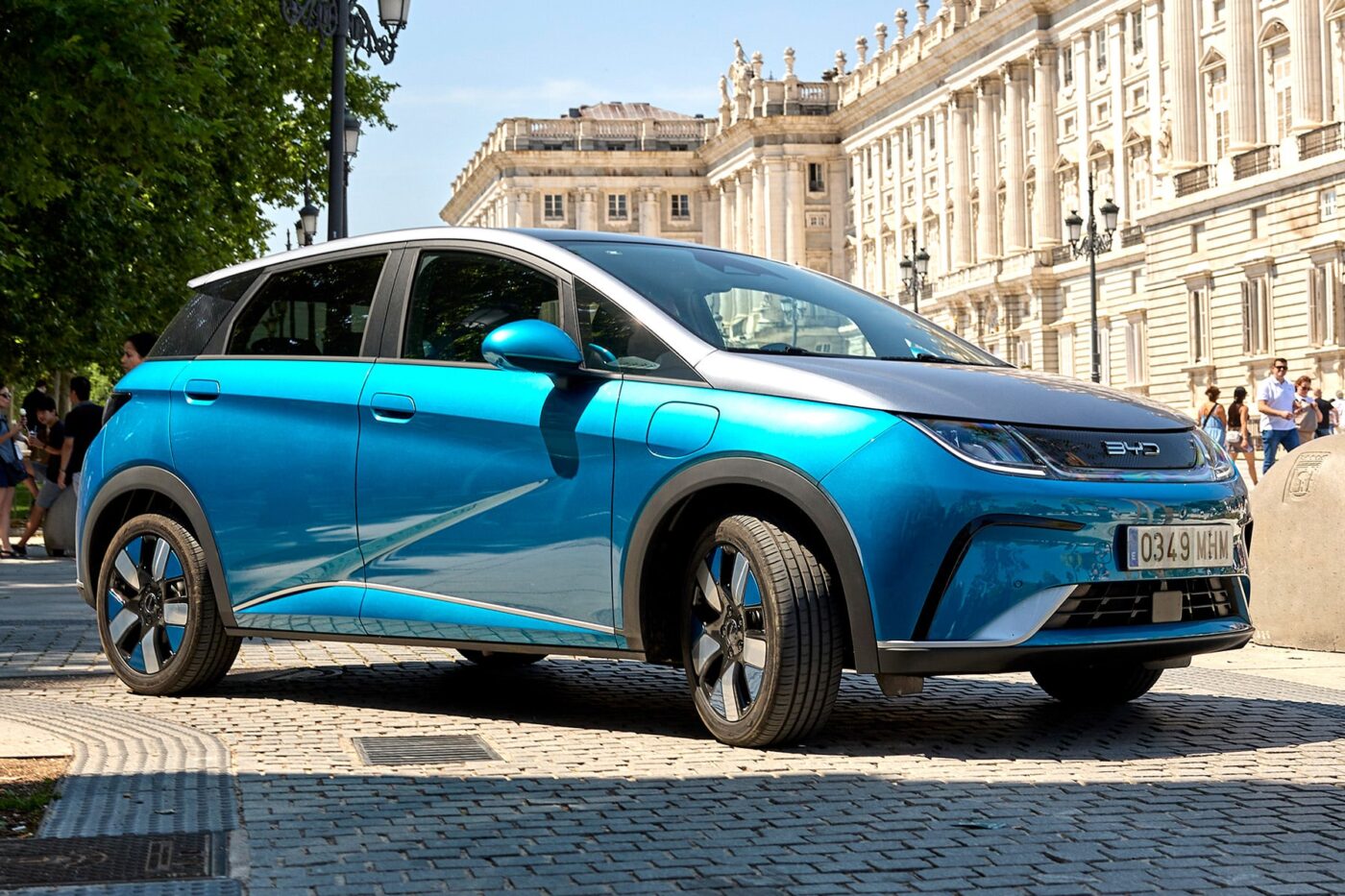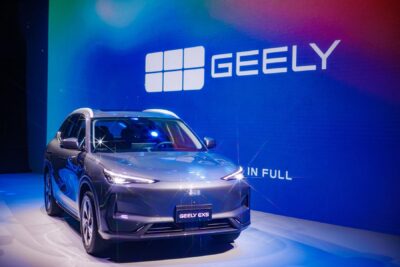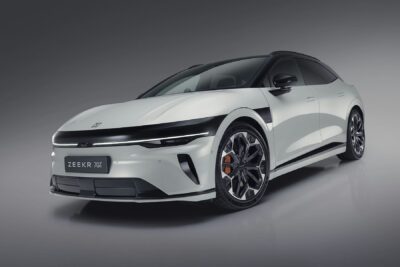BYD starts exporting Thai-made EVs to Europe
In the initial batch, BYD sent 959 units of the Dolphin to Germany, Belgium and the Netherlands aboard the BYD Zhengzhou, its seventh vehicle carrier. The shipment to Germany is expected to take 35 days.
Until recently, BYD’s Thai plant only assembled right-hand-drive versions of the Dolphin, intended for the domestic market and other ASEAN countries. The automaker has now expanded to left-hand-drive production, broadening the plant’s global role. This added flexibility should help improve capacity utilisation, which is currently below 50 per cent.
The plant, opened in 2024, has an annual capacity of up to 150,000 units. The first car BYD made at its new auto plant was the Dolphin electric hatchback. The company also makes the Atto 3 electric SUV and Seal electric sedan there.
However, according to Daily News Online, it is currently producing around 5,000 vehicles per month, or 60,000 per year. Higher output is needed not only to increase efficiency and profitability but also to meet the requirements of Thailand’s EV 3.0 scheme, which runs until 31 December. Under the programme, BYD benefits from an import duty exemption, a reduced excise tax of 2 per cent (instead of 8 per cent), and a subsidy of 150,000 baht on EVs imported from China.
The Thai government requires beneficiaries of the EV 3.0 scheme to offset imports with a quota of locally manufactured EVs. The minimum offset ratio was 1:1 last year and rose to 1:1.5 this year. In July, the government revised the scheme to allow exports of locally built EVs to count towards this quota. The change provides BYD with much-needed relief, as it has struggled to meet the requirement with domestic sales alone.
According to The Nation, BYD must offset its imports with around 30,000 locally built EVs. With four months remaining in the programme, the company still needs to produce nearly 20,000 vehicles, reports Thansettakij. “Allowing exports to be counted as production offsets is an effective approach,” a BYD executive said. “If we couldn’t export, all units would have to be sold domestically, intensifying competition and distorting the market structure.”
But exporting EVs from Thailand to Europe also has other benefits, namely that the carmaker is bypassing EU-imposed special tariffs on EVs made in China. Other carmakers, such as SAIC/MG, are also looking into exporting vehicles from Thailand to Europe instead of from China.





0 Comments